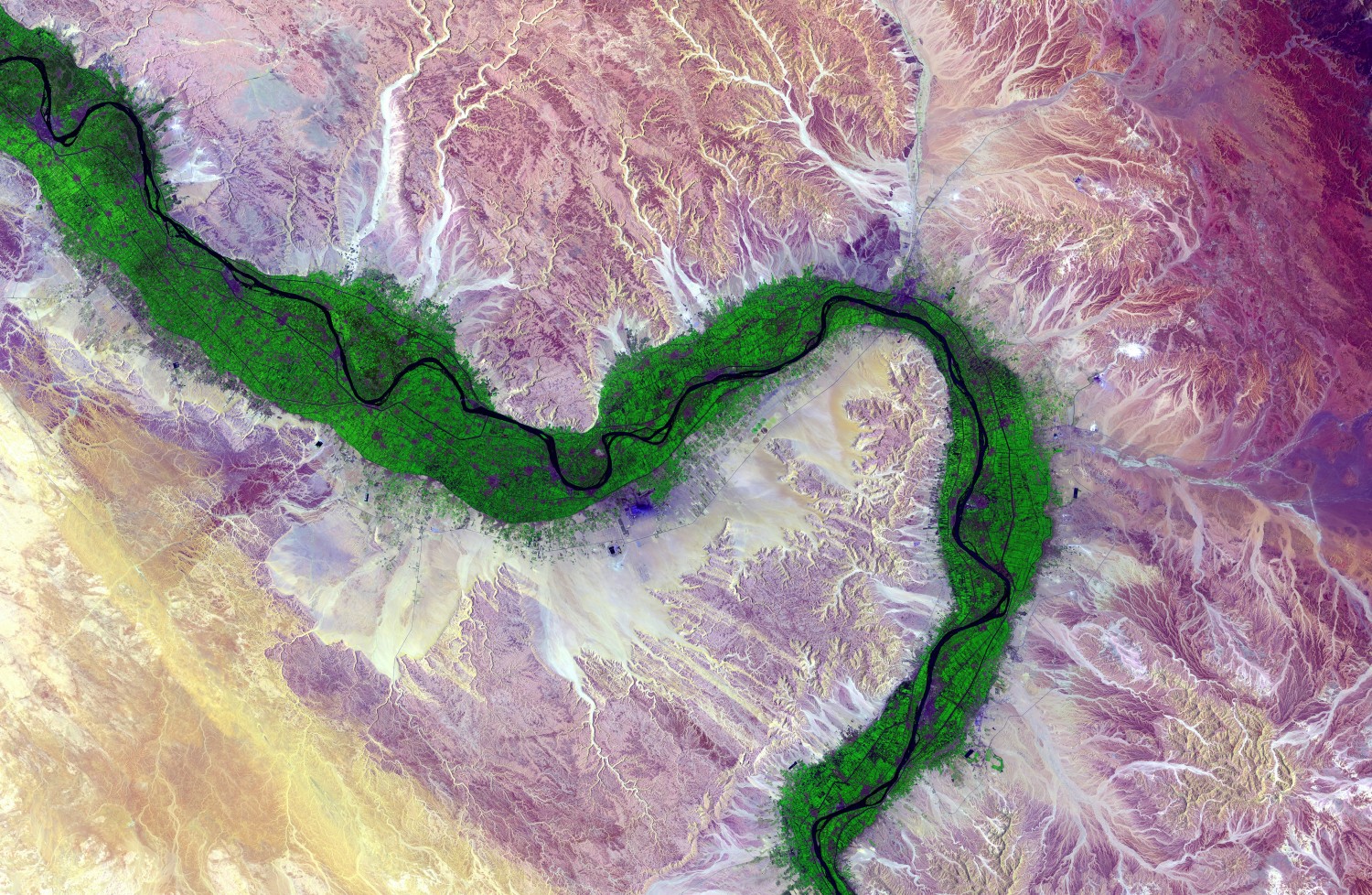Exodus begins, “Now these are the names,” indicating Moses was aware this was a continuation of the story of Genesis. A list of the sons of Jacob who entered Egypt with their father is given. The group leaving Canaan numbered 70, not counting Joseph and his family who were already there (Exodus 1:1-5).
Joseph’s generation died, but the population of the children of Israel grew rapidly, to the point that the land was filled with them. A Pharaoh ascended to the throne who did not know Joseph, and in fear of the rapidly multiplying Hebrews, he determined to deal craftily with them by placing them in slavery. Taskmasters were placed over them and they were used to build the supply cities of Pithom and Raamses. He may have hoped hard work would decrease their numbers. However, as so many other things intended to thwart the plans of God, this effort failed and the population of the Hebrews actually grew in proportion to the increasing amount of work required of them (Exodus 1:6-14)!
Pharaoh next instructed the Hebrew midwives and told them to kill all the boy babies at birth. Their fear of God more than any human authority caused them to refuse to be a part of such cruelty. The number of Israelites continued to grow, which the midwives explained resulted from the sturdy nature of Hebrew women. God blessed these women with homes and families because they feared Him more than man (Exodus 1:15-21).
Pharaoh next commanded the Israelites to cast their boy babies into the river. A husband and wife of the tribe of Levi, Amram and Jochebed, had a boy baby. The beauty of their baby boy caused them to act by faith and hide him for three months (Exodus 1:22-2:2; Acts 7:19-20; Hebrews 11:23). Jochebed, knowing she could no longer safely hide him, took an ark of bulrushes, waterproofed it and placed the baby in it on the river in the reeds by the bank with his sister, probably Miriam, set as a watch. Pharaoh’s daughter came to wash at the river, saw the ark and sent a maid to fetch it. The child’s sister stepped up and asked if they would be needing a wet nurse, thus returning him to the care of his own mother. Pharaoh’s daughter adopted the child and named him Moses, which means "drawn out," because she had drawn him out of the water (Exodus 2:3-10). This was the way Moses came to know all about God and his people while also being educated in all the Egyptians knew (Acts 7:21-22).
Moses “went out to his brethren” when he was forty years old. This may indicate that he had already made a choice to join the suffering people of God (Exodus 2:11; Hebrews 11:24-26). He decided, without proper authority, to defend one of his brethren, who was being beaten. Moses looked both ways, killed the Egyptian involved and buried him in the sand. Stephen announced that Moses thought the people would recognize God had chosen him to deliver them from bondage. The fact that they did not is clear proof that they were "stiff-necked and uncircumcised in heart and ears!" The fathers resisted the directions of the Spirit (Acts 7:23-25, 51). However, the next day, he saw two Hebrew men fighting. When he tried to get them to stop, one of them made reference to the killing of the previous day. Before Pharaoh could kill him, Moses fled to the land of Midian (Exodus 2:12-15).
“The Midianites occupied an extensive district from the eastern coast of the Red Sea to the borders of Moab" (F. C. Cook, Barnes’ Notes p. 10). Moses temporarily stopped near a well. He helped the seven daughters of a priest named Reuel, or “friend of God,” water their flocks. He learned of Moses’ kindness and told his daughters to invite him to their home to eat. Moses remained in the house of Reuel and, eventually, married one of his daughters, Zipporah. They had a son, who they named Gershom, which literally means, "banishment from" and could be rendered, "Stranger There" (Exodus 2:11-22; Acts 7:26-29).
God’s working can readily be seen in these events. He was preparing for the exodus of his people from the land of Egypt.
- A spiritual house of living stones - 2026-01-23
- Born through the Word of God - 2026-01-09
- The Christian’s call to be holy - 2025-12-18
